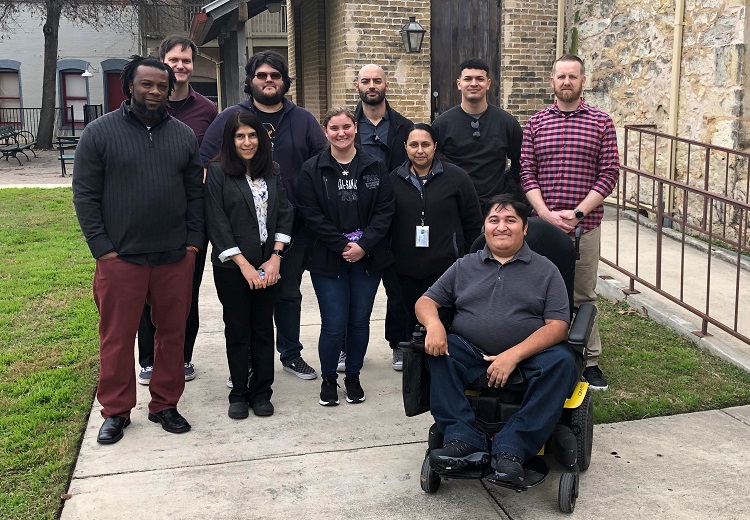Document Type
Article
Publication Date
Spring 2020
Abstract
San Antonio is one of the oldest cities in what is currently the state of Texas. For tens of millennia, Natives have inhabited the entirety of the Americas, and also more specifically the area that is now San Antonio because of its fertile soil and rivers; it is this geographic feature that facilitates the thriving of civilizations. As such, the European Spanish settlers and missionaries established their presence in this very area as early as 1718. Since then, the inevitable miscegenation that resulted has molded the identity of what is now San Antonio, Texas, with over 300 years of documented history of various cultures from around the world coming together. However, there is very little scholarly work regarding demographics in San Antonio before Texas entered the Union, before Texas was an independent republic, and before Texas was a state of Mexico–and more specifically, regarding the Afro-Latino population. The University of Texas at San Antonio does have a “San Antonio Black History Collection” in their library, and currently the collection only goes as far back as 1873. However, black heritage in San Antonio goes back much further than post-Civil War history. I propose the argument that independent Afro-Latinos in what is now present-day San Antonio, although small, were present and established in society during late colonial Spanish rule. The significance of studying the Afro-Latino presence in San Antonio during late colonial New Spain manifests in two different forms. The first of which is the focus of this study; it brings into question the flexibility of the Spanish caste system. And the second is that it substantially adds to the history of black heritage in San Antonio. Additionally, both force us to revisit and question the anglicized narrative of American history.
Recommended Citation
González Villarreal, Diana, "The Afro-Latino Presence in Late Colonial Spanish San Antonio" (2020). Methods of Historical Research: Spring 2020. 5.
https://digitalcommons.tamusa.edu/hist4301_spring2020/5



Comments
This work is licensed under a Creative Commons Attribution-NonCommercial-NoDerivatives 4.0 International License.